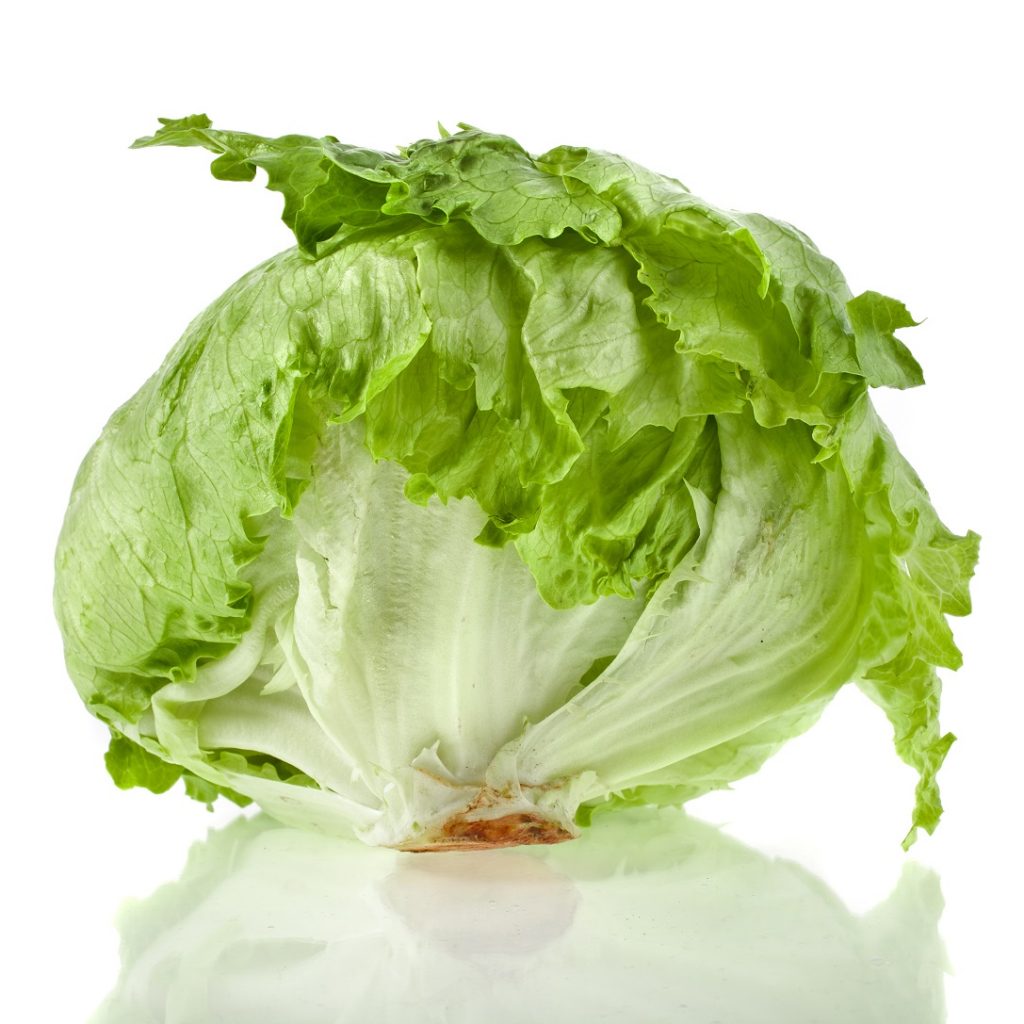Spanish growing conditions improve as rationing hits U.K. supermarkets

The European vegetable crisis how now become so severe that leading British supermarkets have begun rationing volumes of certain items, but the indication from Spain is that growing conditions are now improving.
Poor weather over recent months in southern Europe has led to a sharp reduction in volumes of various vegetables like leafy greens, broccoli and zucchini, along with a significant rise in prices.
Morrison's has a strict limit of three broccoli and two Iceberg lettuce per customer, while Tesco is rationing shoppers to three Iceberg’s per visit.
“Due to bad weather conditions in Spain, we are experiencing some availability issues, but are working with our suppliers to resolve them as quickly as possible,” a Tesco spokesperson told Fresh Fruit Portal.
Sainsbury’s said it was working its suppliers to maintain supplies for customers, while Morrison's insists availability remains good and its temporary rationing policy has been introduced to mitigate bulk buying.
"Our availability of broccoli and iceberg lettuce is good. However, other businesses are experiencing shortages and we have seen some bulk buying in our stores. We have therefore had a cap on sales of broccoli and iceberg lettuce to ensure we maintain good supplies for our regular customers,” says a spokesperson.
“As you can imagine, most customers don't buy more than three broccoli at a time."
Weather improving
But while supplies remain tight, sources involved in the Spanish produce industry say the weather is starting to improve.
A representative from GST Export - a European fruit and vegetable supplier with a focus on the French, British and Dutch markets - was cautiously optimistic, but emphasized that winter weather had been severe.
"[The weather] has improved a lot, although it's still pretty cold," company owner Gregory Struyve said.
"I want to highlight that in December we had more rainfall than we had ever seen here - up to 240 liters per square meter in two days. Two weeks ago, even on the beaches we had snow...obviously that has affected this campaign."
He said the situation was still adverse and would continue to be so "for some time".
"Many of the produce items were completely destroyed by the rains in December, and after that growers couldn't plant anymore and the fields were inaccessible due to the mud. Then the snow came and the cold paralyzed the growth of the plants and in some areas burnt the entire plantation."
He highlighted lettuce and broccoli as two items that remained among the most severely affected vegetables. Mandarin and clementine production has also been made "complicated", he added.
National Federation of Fruit and Vegetable Retailers president Tino Mora also said the temperatures had improved greatly since a few weeks ago and he expected prices to start to "normalize" in the coming weeks as volumes increase.
In late January, however, Spain's Federation of Fruit, Vegetable, Flower and Live Plant Grower Exporter Associations (FEPEX) warned the shortage may extend until mid-April for some open-field produce items.
U.K. shoppers make light of the 'lettuce crisis'
Meanwhile in Britain, shoppers have taken to social media to poke fun at supermarkets' rationing of lettuces.
They rationed things in the war but never thought I'd see rationing of lettuce in 2017!?#Lettuce #Tesco pic.twitter.com/yxbileg94Y
— Grant (@SnowAndBeach) February 3, 2017
Available: #Lettuce, good condition, only partially used. Will trade for small hatchback or nearest offer. #lettucecrisis pic.twitter.com/XtSnuSpwcE
— Erlingur Einarsson (@ErlingurEinars) February 3, 2017
Lettuce pray ? cos it's just the tip of the iceberg. #lettuceshortage pic.twitter.com/7KRKpBS0L3
— Tony Shepherd (@tonysheps) February 3, 2017
Headline photo: www.shutterstock.com











































